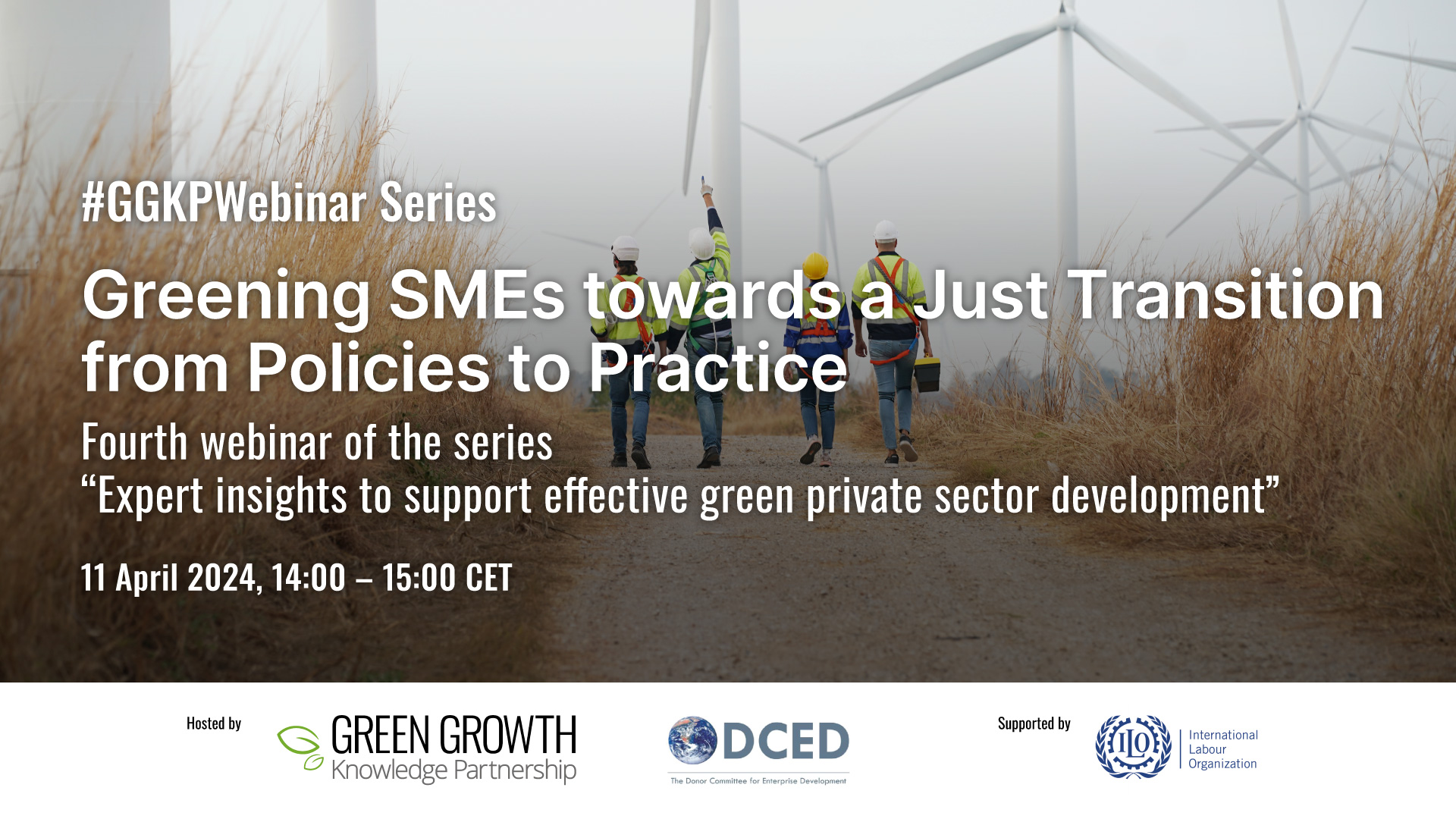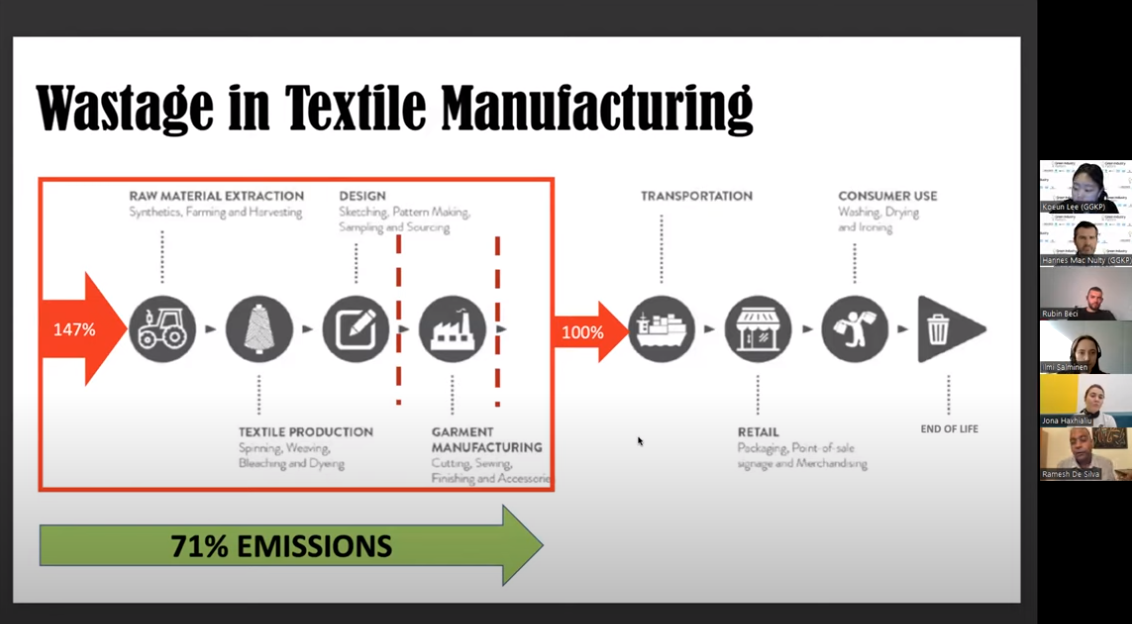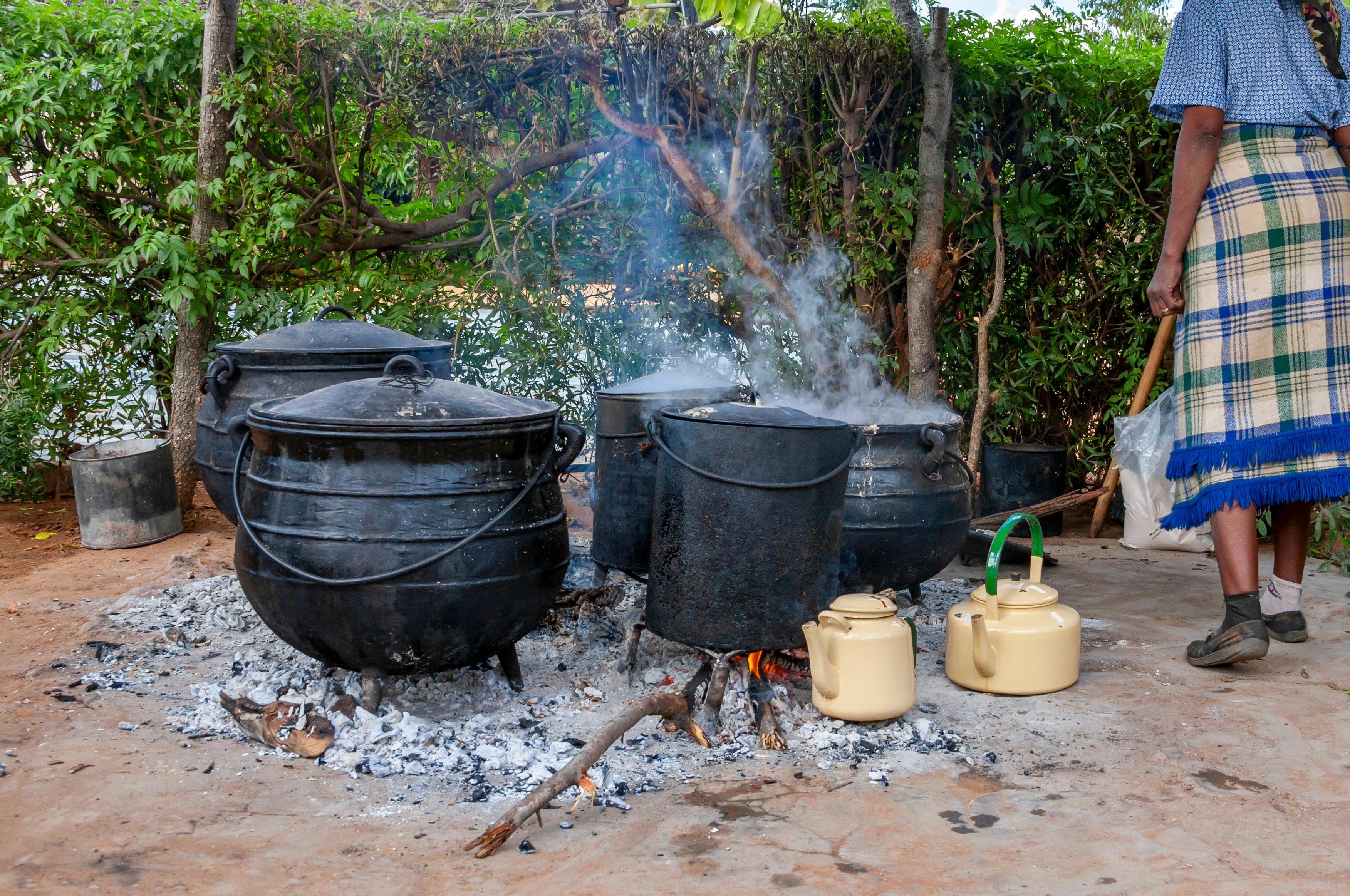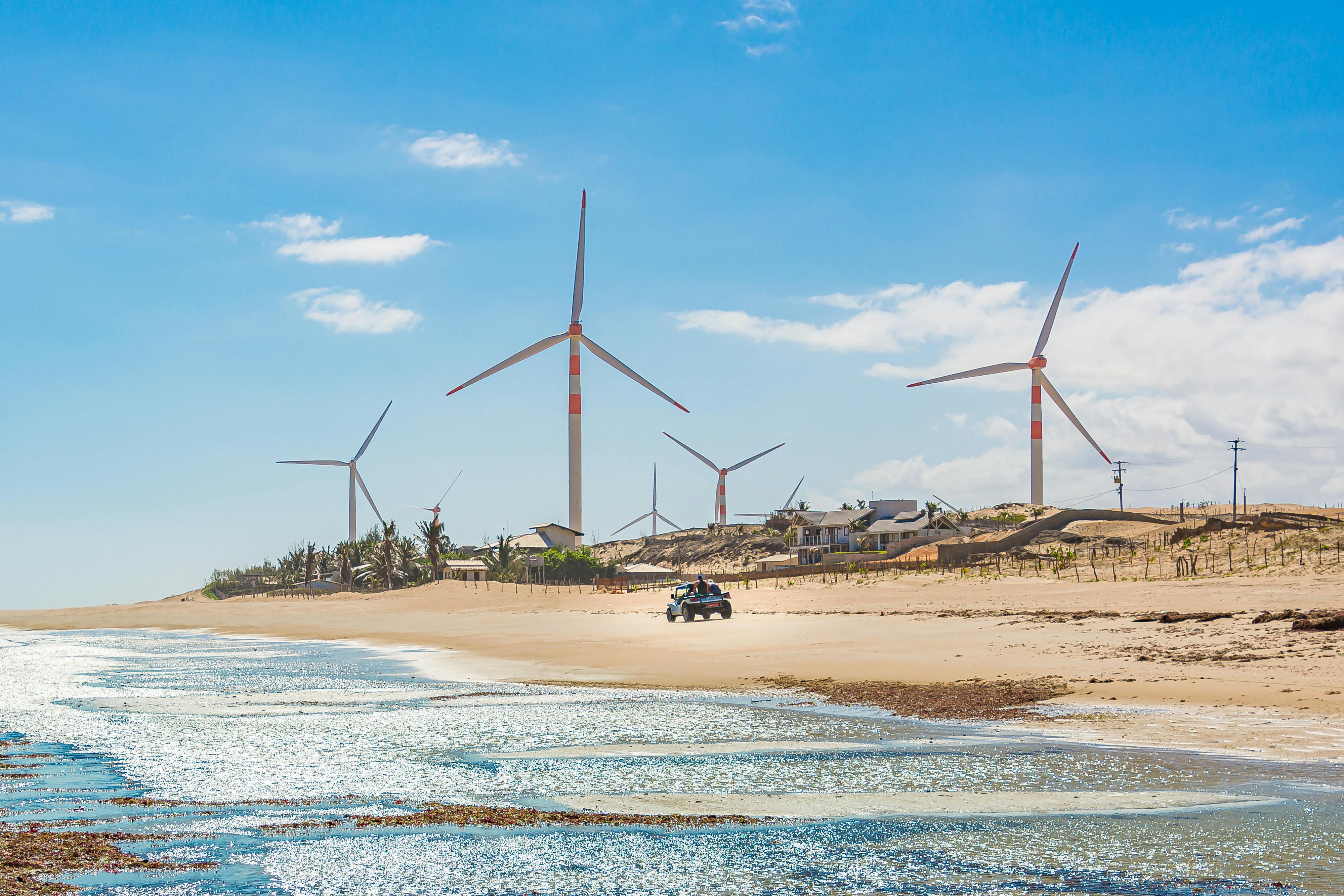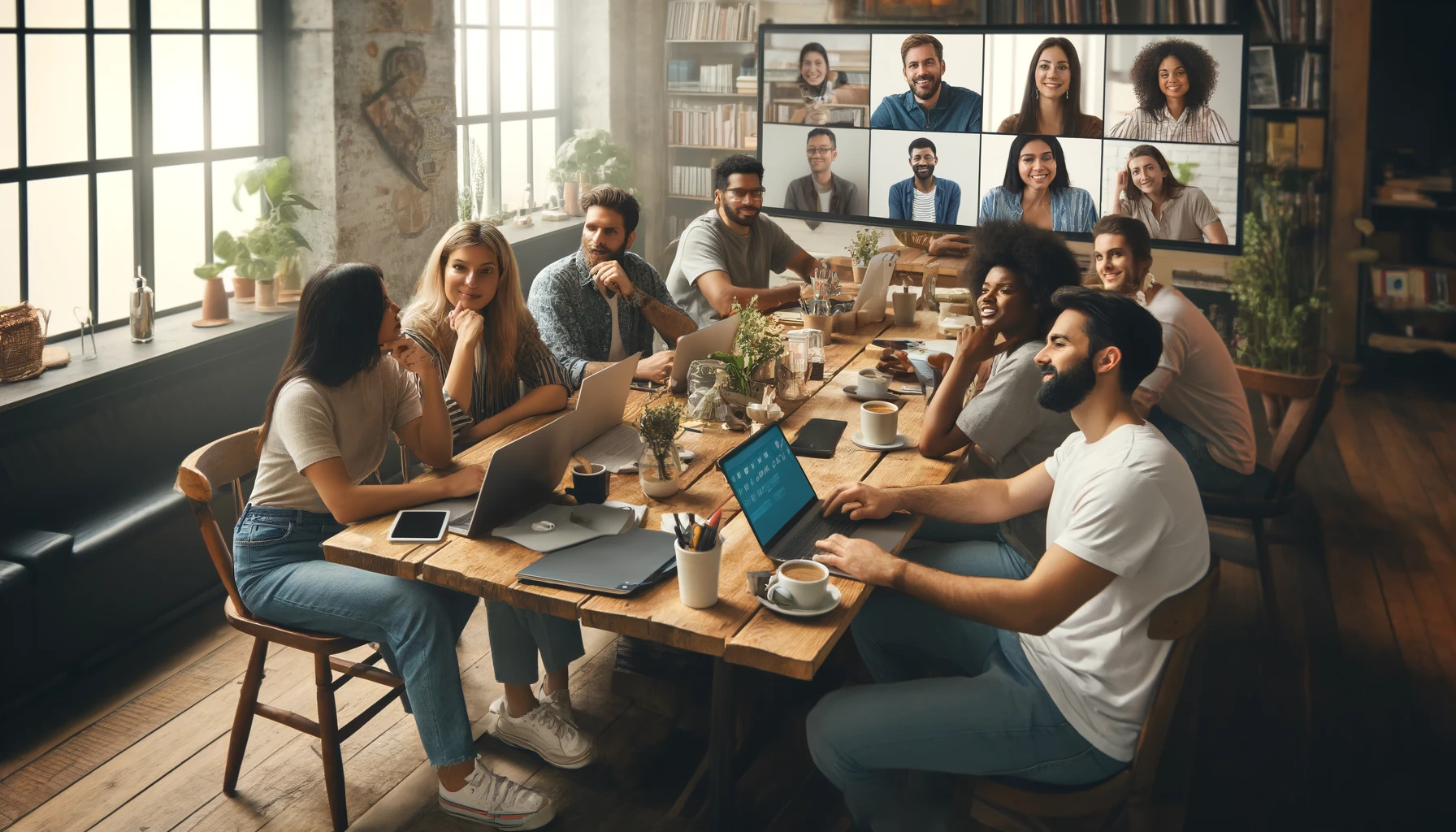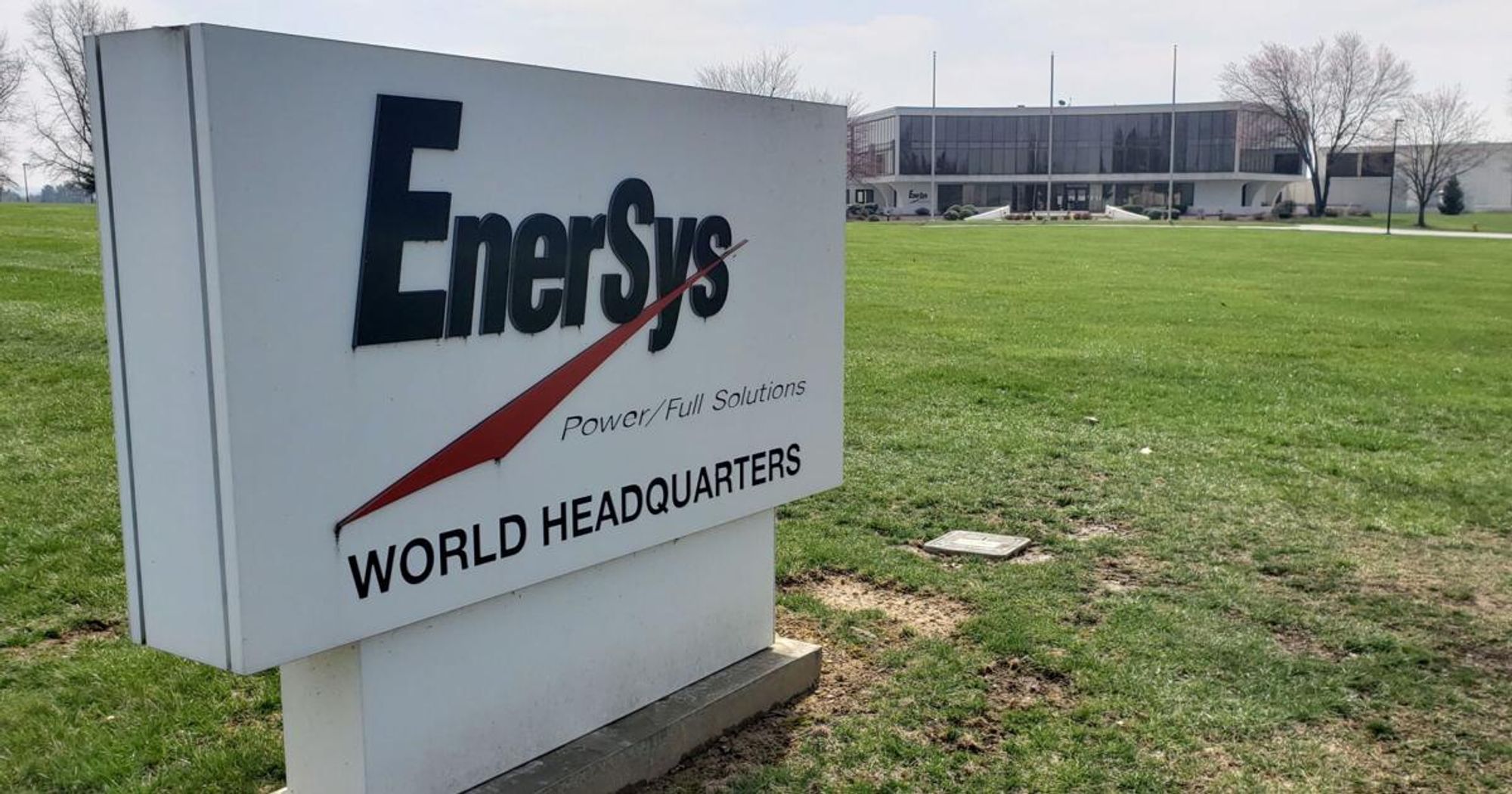Sarah Hill created a Post in Green Learning Network
8 hours ago
Koeun Lee created a Post in Circular Economy, Climate Change, Industry and Entrepreneurship
11 hours ago
Koeun Lee created a Post in Circular Economy, Industry and Entrepreneurship, Waste Management
16 hours ago
Sarah Hill created a Post in Green Learning Network
1 day ago
Sarah Hill created a Post in Green Learning Network
3 days ago
ESG Flo created a Post in Climate Change, Sustainable Finance
6 days ago
ESG Flo created a Post in Climate Change, Sustainable Finance
6 days ago
Sarah Hill created a Post in Green Learning Network
1 week ago
Anastasiya Buchok created a Post in NIP Update
1 week ago
Sarah Hill created a Post in Green Learning Network
1 week ago


